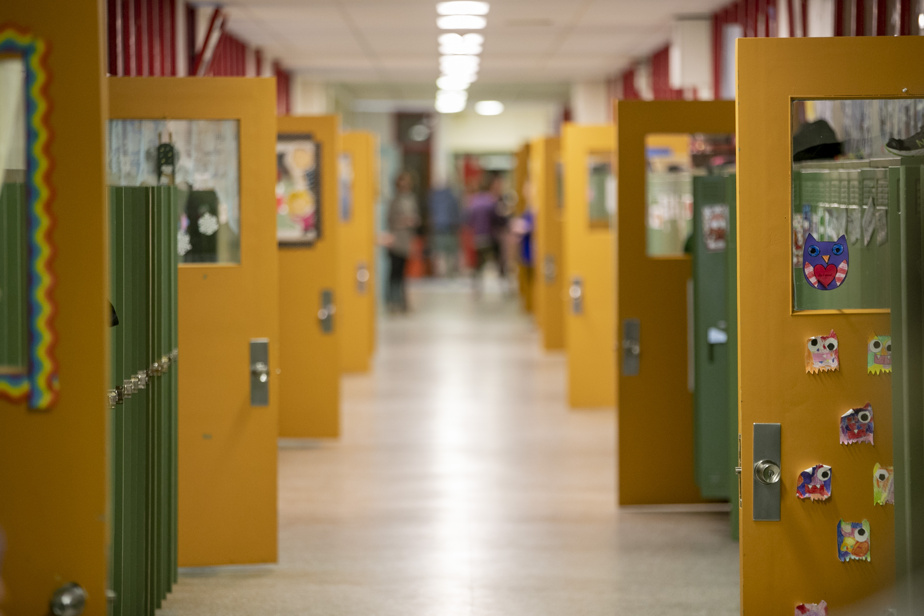The law on state secularism, which notably prohibits teachers from wearing religious symbols, has had the effect of exacerbating the feeling of being a victim of racism among mothers from the Maghreb community, observed a researcher in the as part of his master’s research project.
A student in Education Sciences at the University of Montreal, Hana Zayani was interested in what mothers of North African origin experienced in schools after the adoption of Bill 21 in 2019. She presented its results on Monday as part of the 90th Acfas congress, which is taking place in Montreal this week.
The ten women – half of whom wear the veil – have children who attend public schools in Montreal. They took part in structured interviews.
While all of the participants affirmed from the outset that integrating their children into school was not difficult, they observed from their experiences that “racism in Quebec seems to be subtle and indirect”.
“Bill 21 has had a big impact on their relationship with the school,” said Hana Zayani. Women, she says, have experienced more experiences of so-called “ordinary” racism after the law was passed, racism that usually comes from adults.
Ordinary racism is “subtle racism,” says Ms. Zayani. “It feels like racism, but we don’t have proof. These are, for example, long waiting times [to obtain a service]. Daycare educators who watch more students than others, ”she illustrates.
From their experiences at school, mothers observe that “parents do not accept that their children invite immigrants to their parties”. Another says that she had to explain at length to another parent the reasons why she wears the veil. “Because I cover my hair, it’s equal to an oppressed woman, equal to a woman who has no rights, that’s automatically it,” she told the researcher.
To protect their children, but also themselves, women have testified that they have decided to use a name other than their own.
If they do, it’s “because it’s the only clue that they belong.” Giving yourself another name makes them go unnoticed, ”explains the student at the University of Montreal.
Others decide to take off their headscarves, like Sonia who, “in the process of divorcing […] does not want [her children] to suffer additional discrimination at school because their mother wears a headscarf” , writes the researcher in her master’s thesis.
On Bill 21, some participants felt that it particularly targeted Muslim women and expressed their incomprehension to see, for example, religious symbols elsewhere in schools.
One mother says she “understands that some parents are afraid of having their children influenced.” “I mean it’s very legitimate on their part and I understand”, but like others, she nevertheless fears that this law “presents a first step towards a firm secularism like that of France”.
Tunisian of origin, herself veiled, Hana Zayani is currently pursuing a doctorate which will look at what Muslim students experience in Quebec public schools.

